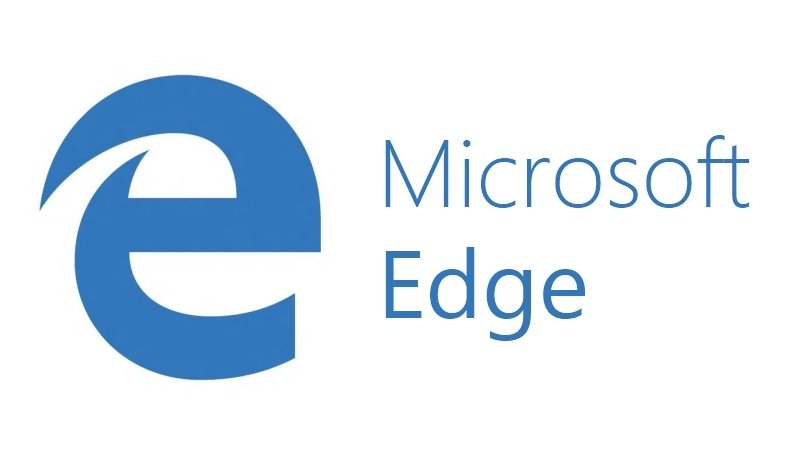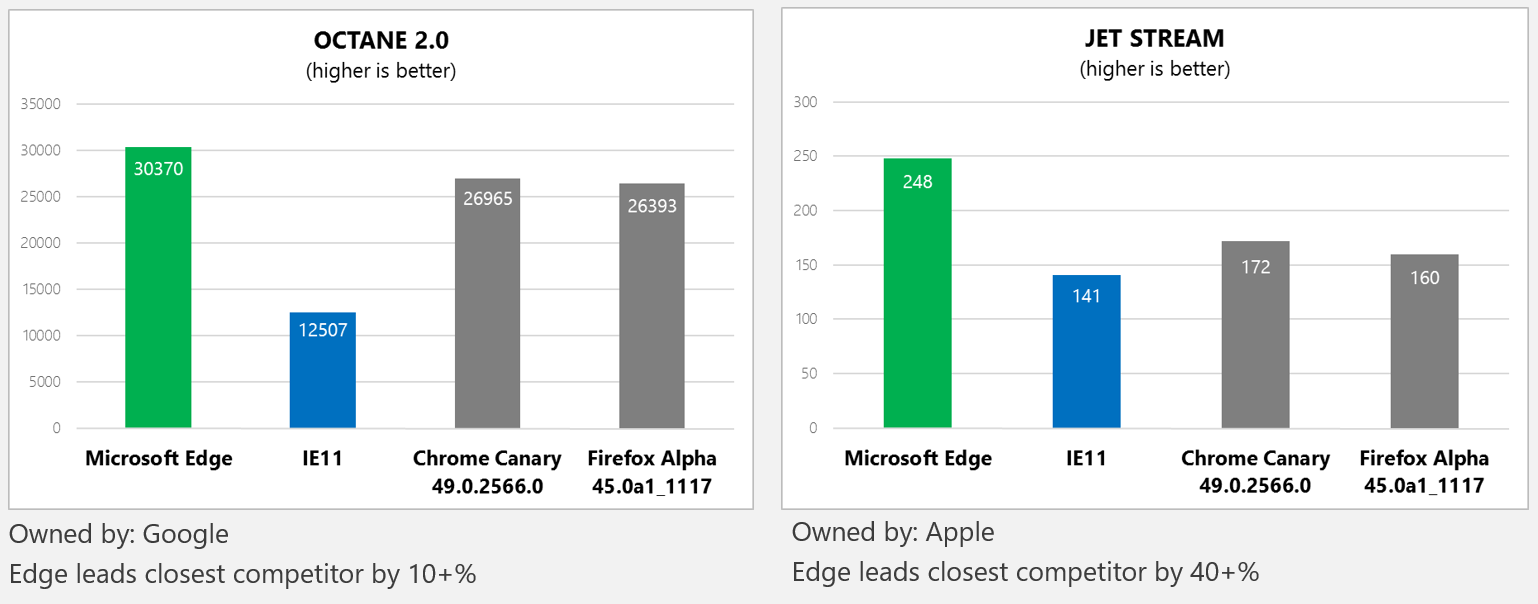Blog
Microsoft has announced its decision to release its powerful ‘Chakra’ engine
– used for JavaScript in the company’s Edge browser – to the open source community. Although not the most surprising open source news in the past week, that award goes to Apple, it’s a momentous step in helping to advance the engine.
With the intention to publish the ChakraCore repository to GitHub in January, it will allow developers to use and help to improve the already capable engine. Microsoft has grand for ideas for Chakra, and intends for it to Performance progress the ‘modern web’ and even help to power the Internet of Things.
On ????? the Edge Developer blog, Microsoft’s Gaurav Seth and Adalberto Foresti wrote:
Since its introduction in 2008, Chakra has grown to be a perfect choice for the web, cloud services, and the Internet of Things. With today’s announcement, we’re taking the Flytspackel next step by giving developers a fully supported and fully open-source JavaScript engine available to embed in their projects, innovate on top of, and contribute back to: ChakraCore.
JavaScript is used for many applications, games, and the cloud, and has particular importance for Microsoft as it’s used to 10 create “Universal” apps for Windows. To help develop a community around Chakra’s development, Microsoft has said that it will be working with <a href="http://www livraison viagra rapide.shinestock168.com/%e0%b8%ad%e0%b8%9a%e0%b8%a3%e0%b8%a1-%e0%b8%aa%e0%b8%b1%e0%b8%a1%e0%b8%a1%e0%b8%99%e0%b8%b2/nadao003/”>?????????????? companies such as Intel, AMD, and NodeSource.
Microsoft wants ChakraCore to be “a fully fledged, self-contained JavaScript virtual machine that can be embedded in derivative products and power applications that need scriptability such as NoSQL databases, productivity software, and game engines”.
Through making Chakra open source, the JavaScript engine will progress much faster and expand its usage beyond just the browser. We look forward to seeing where it goes next.
Are you excited to get hands-on with the Chakra engine? Let us know in the comments.






